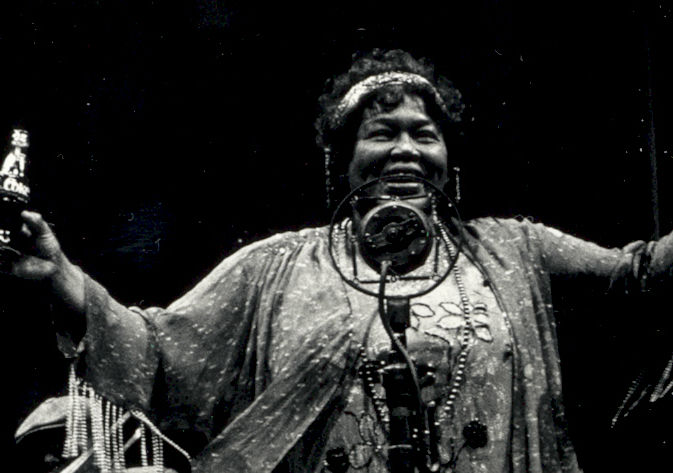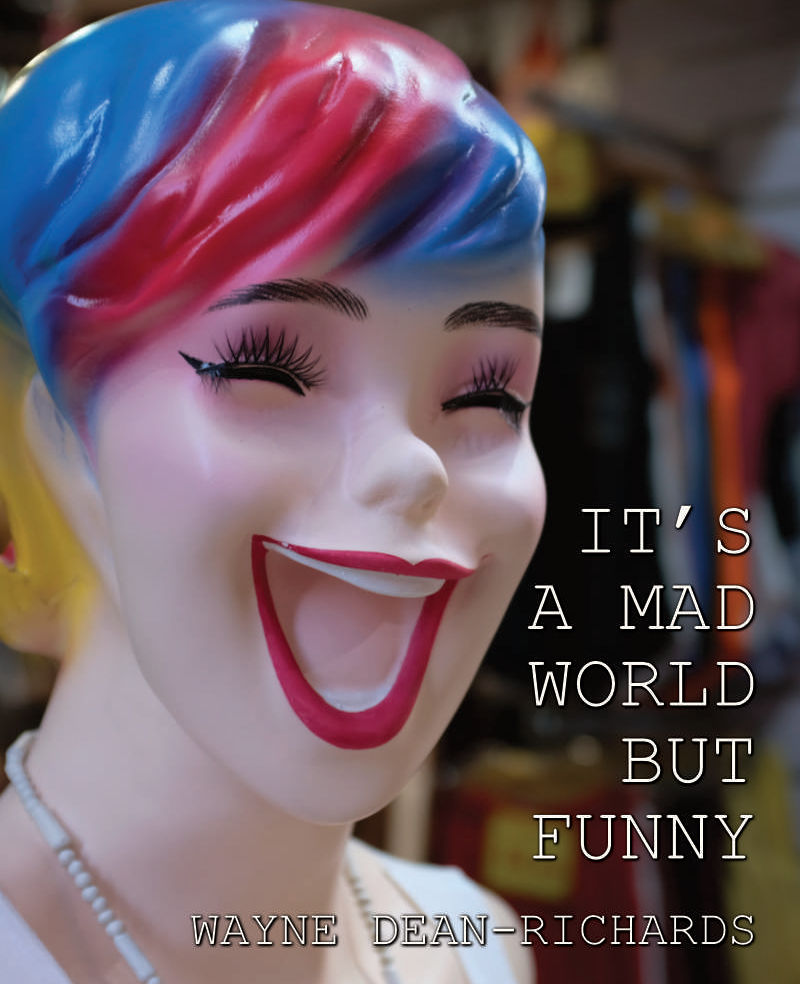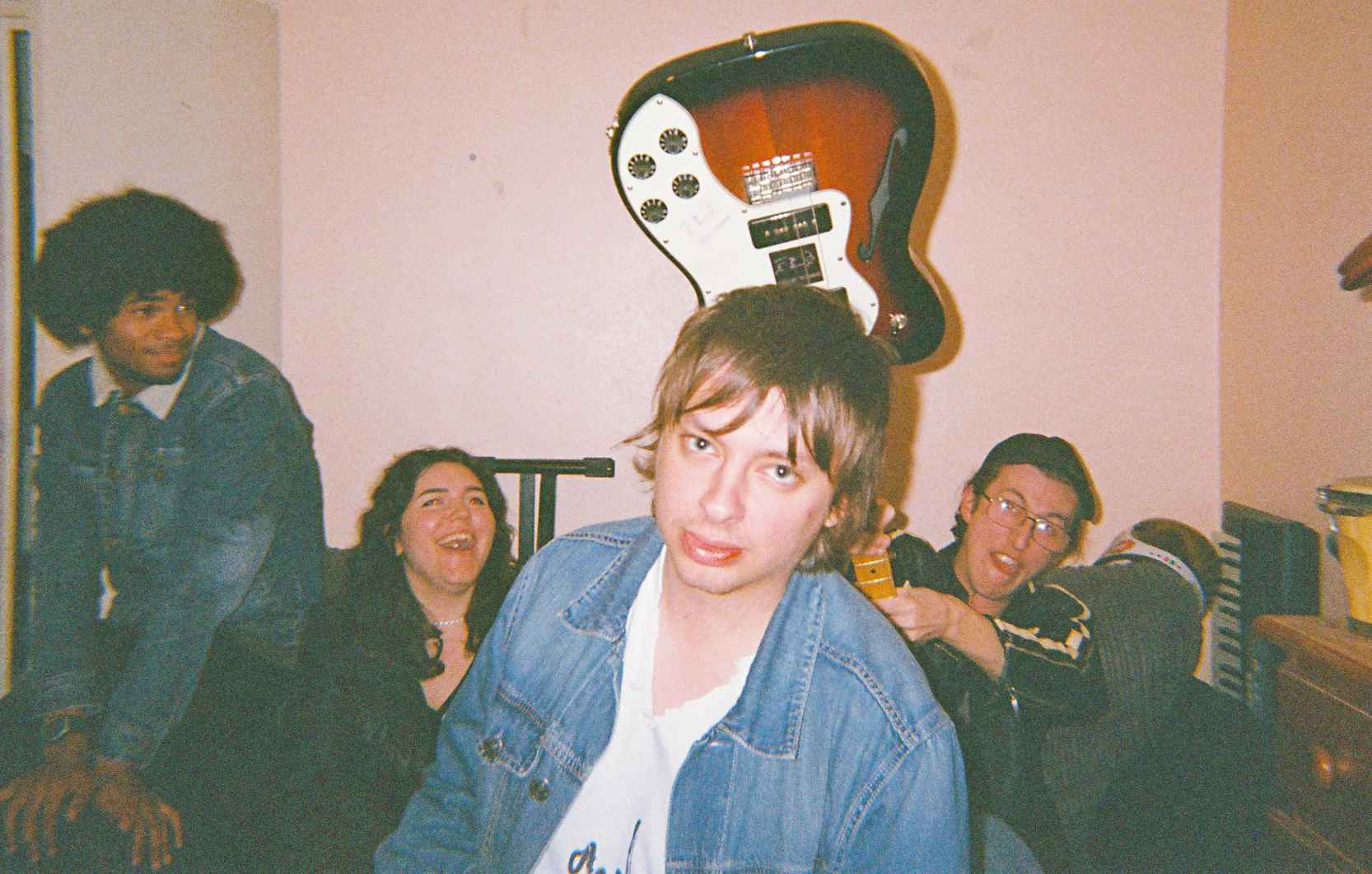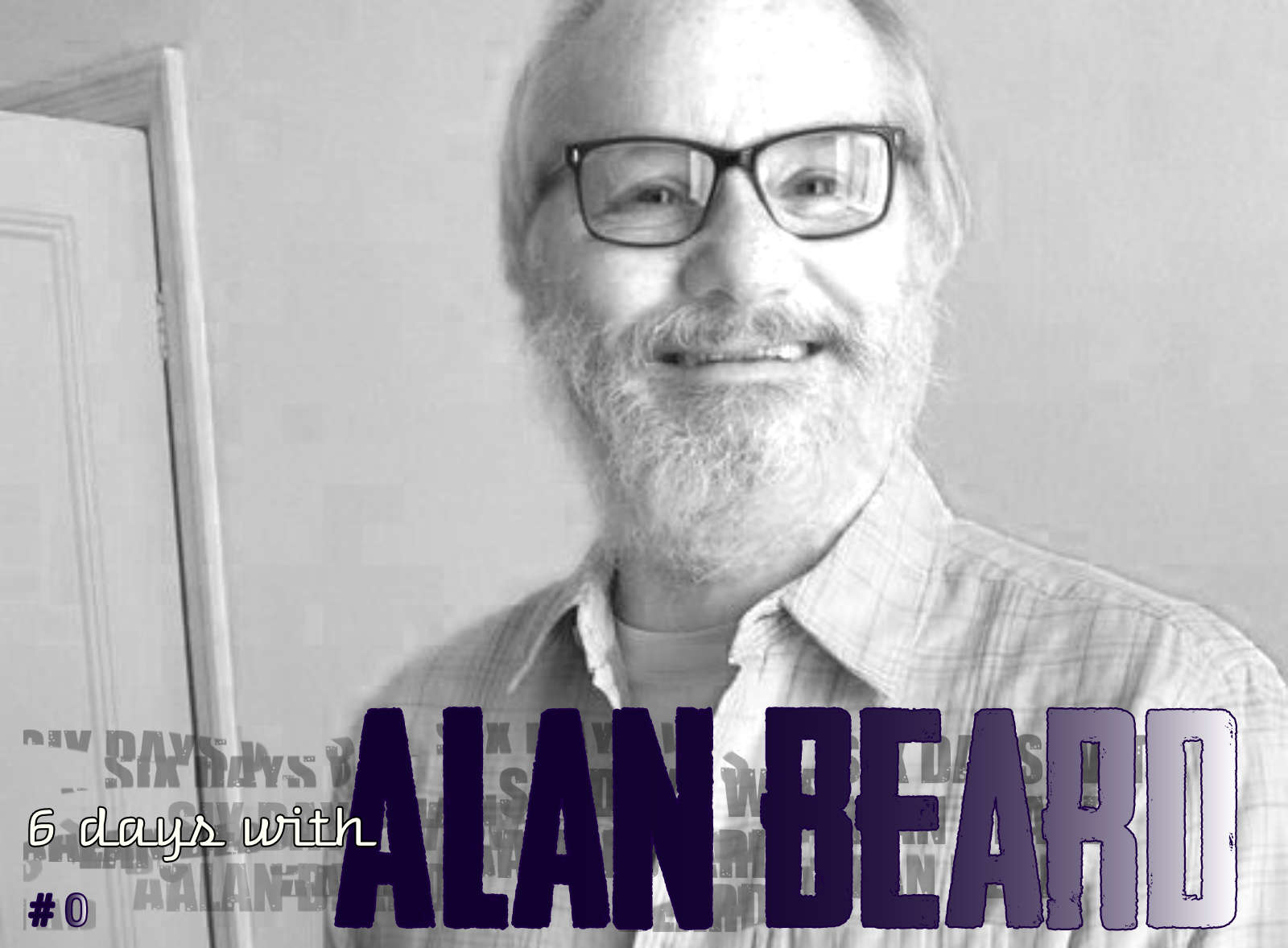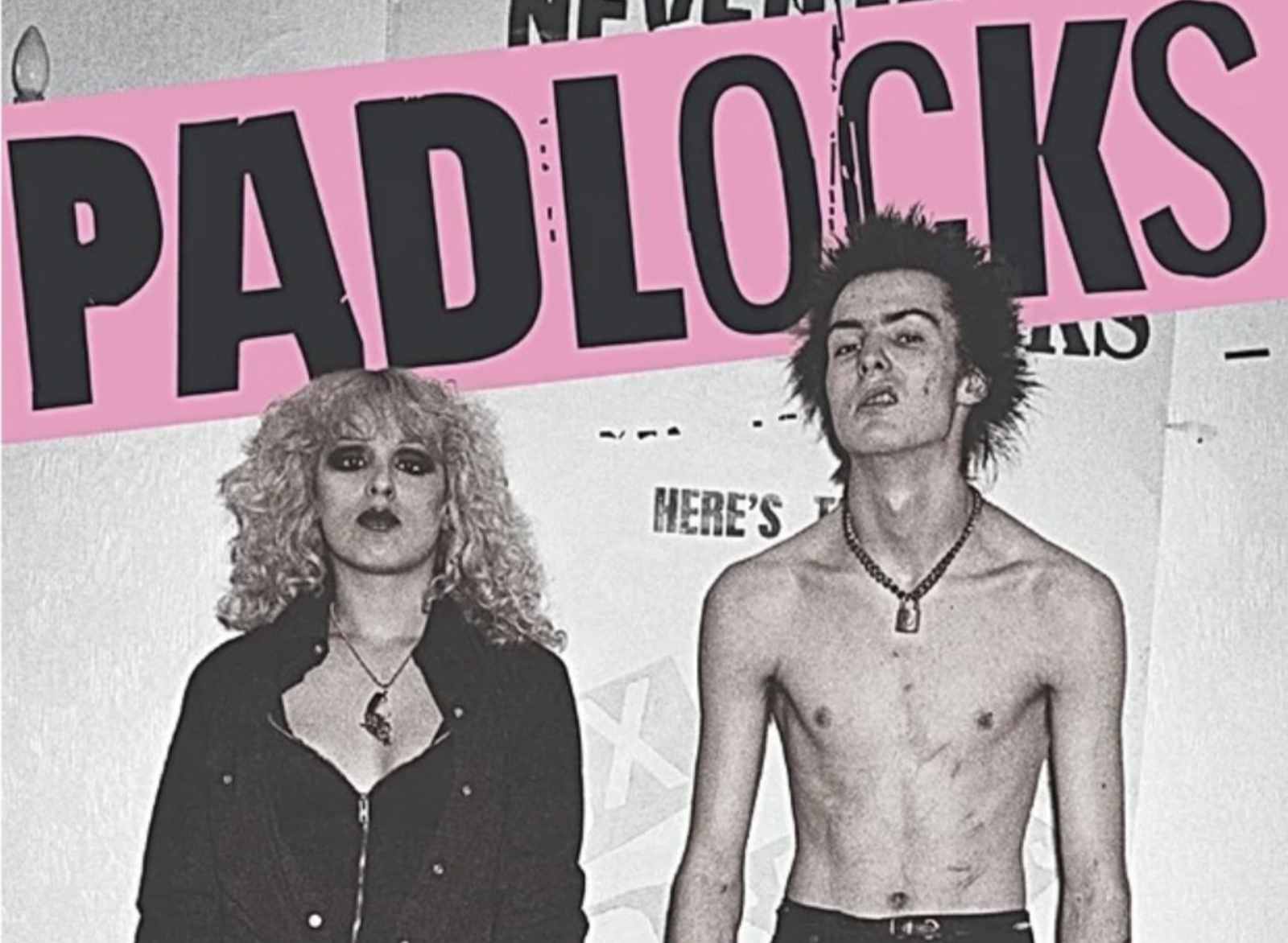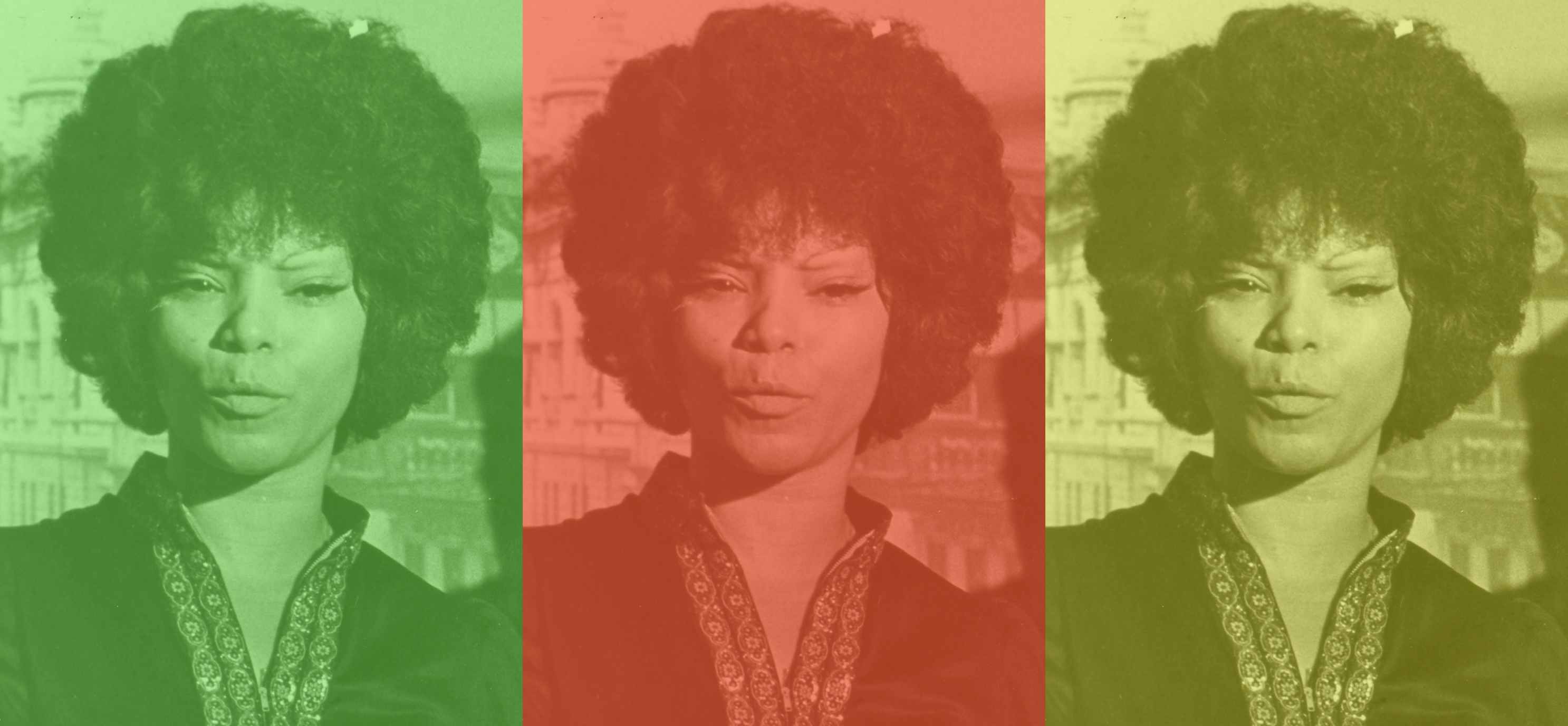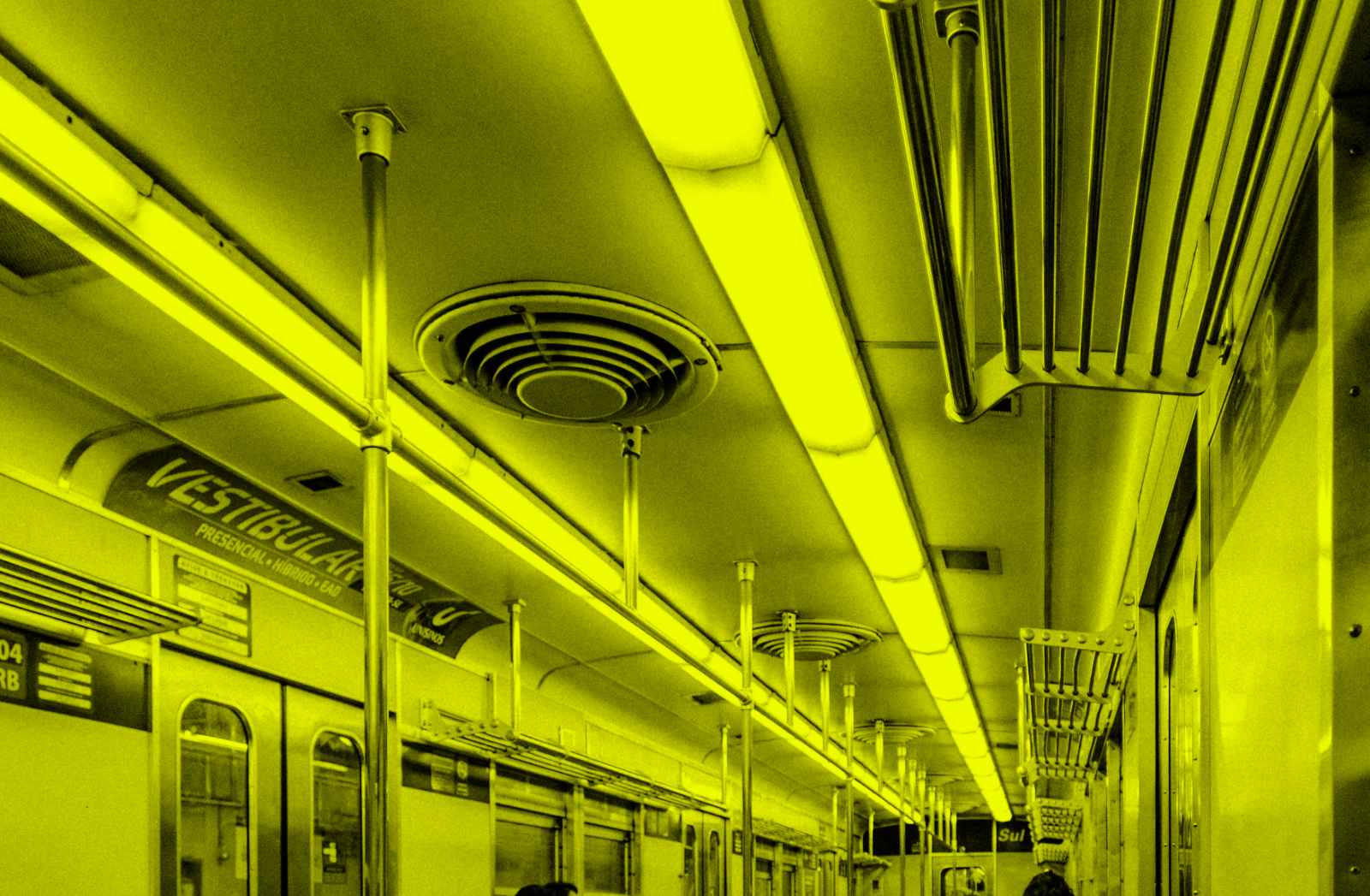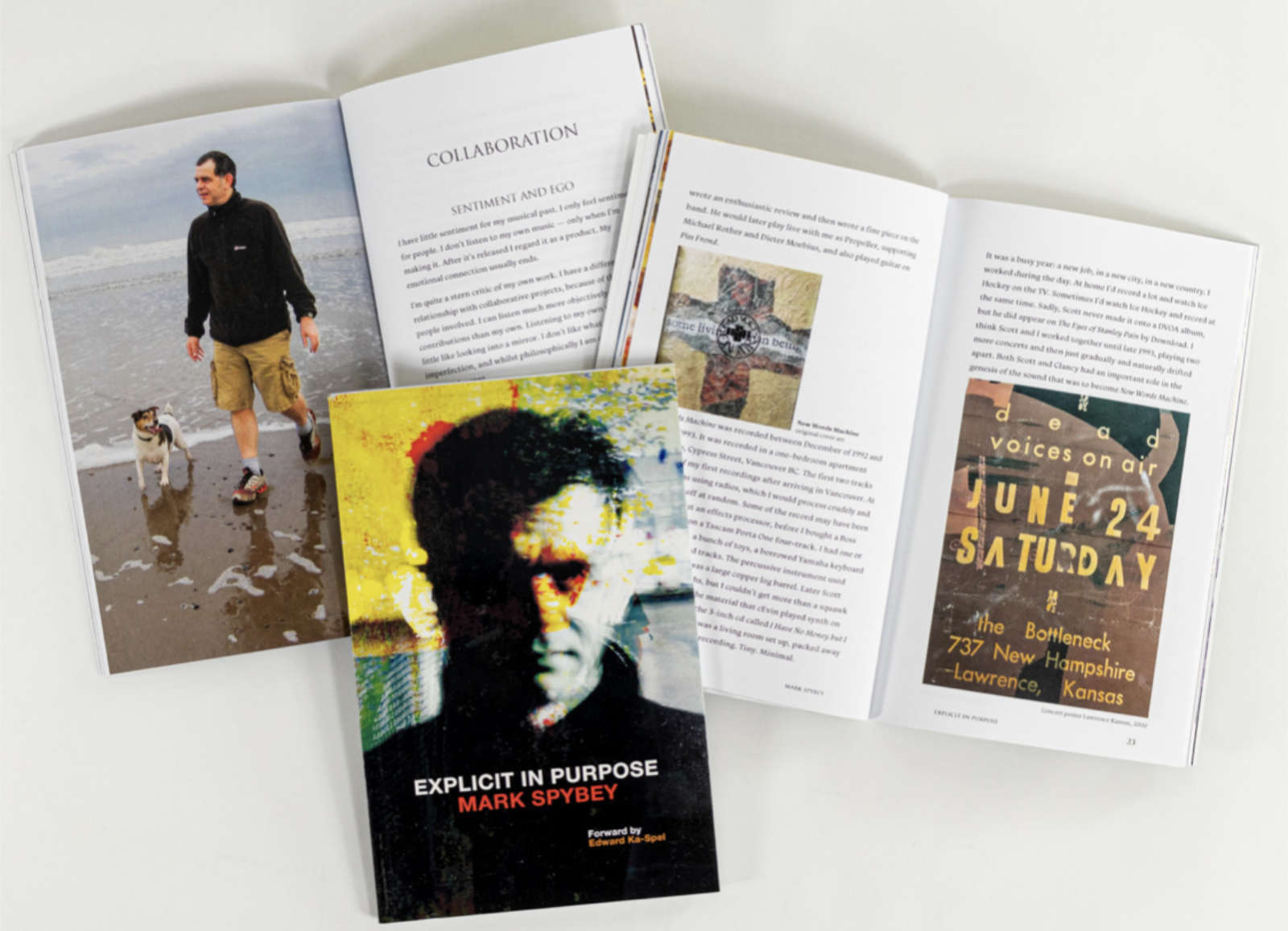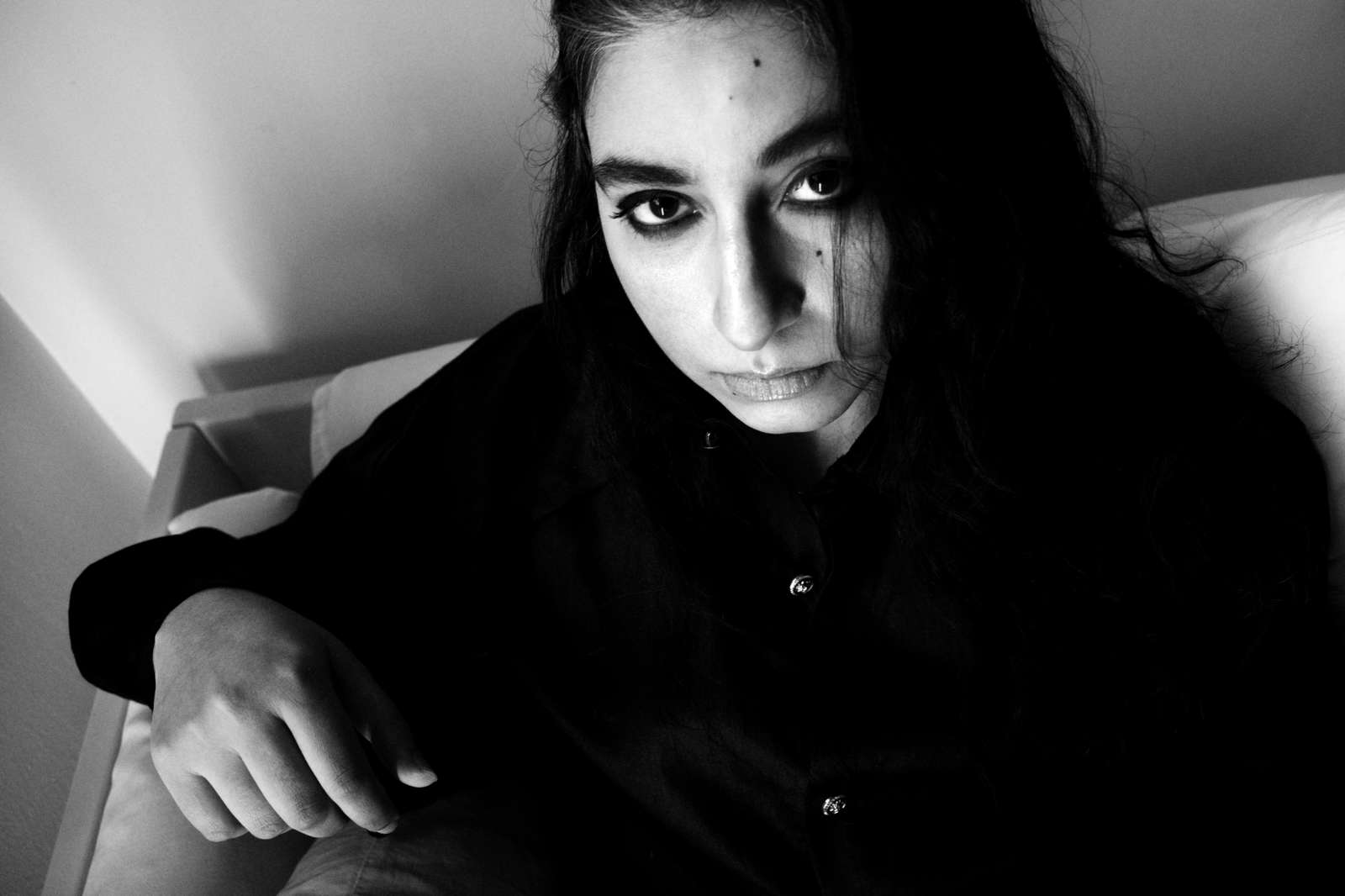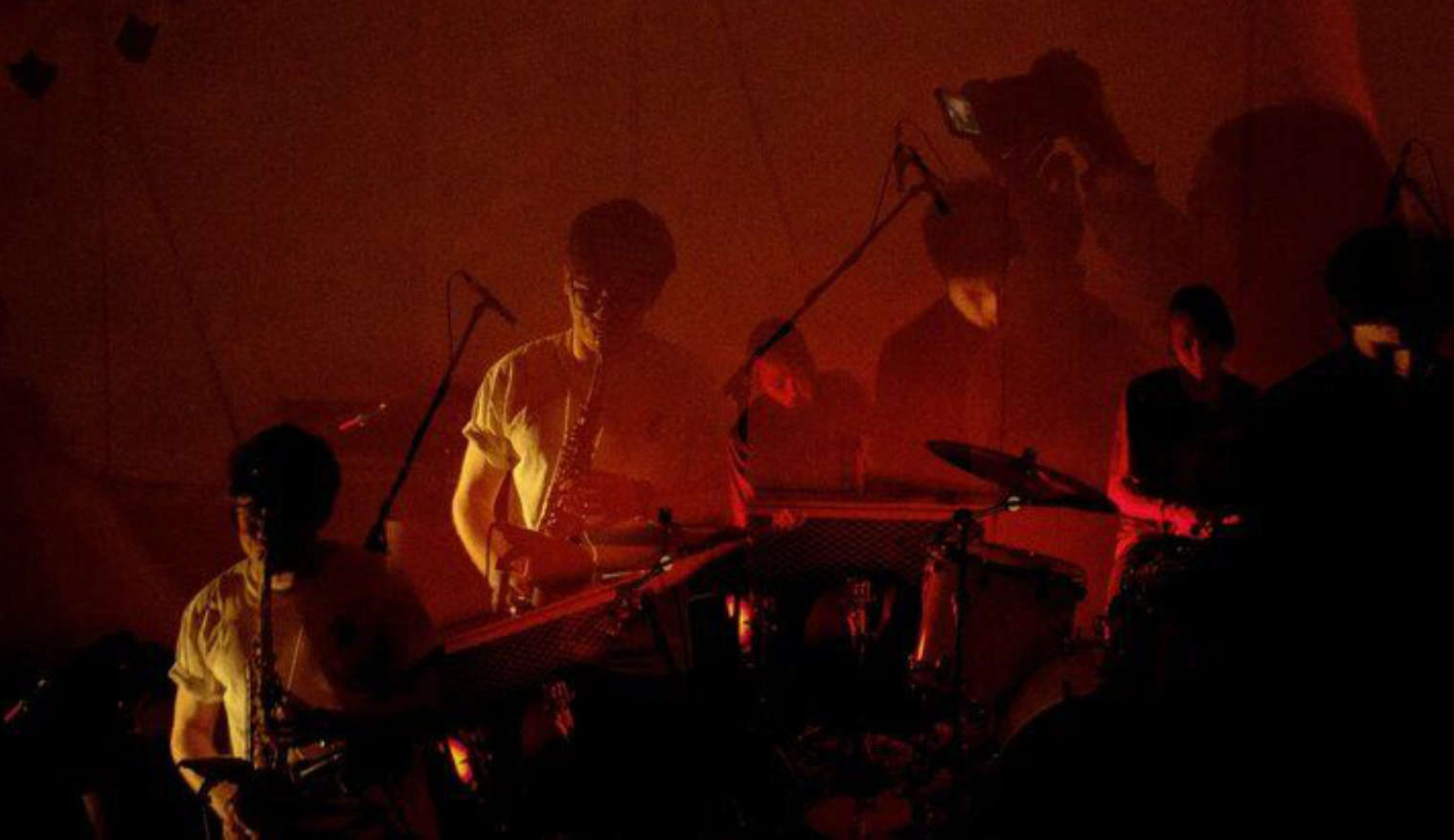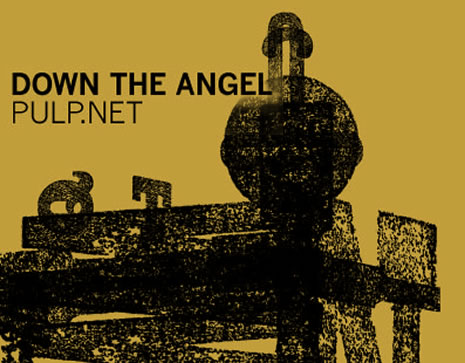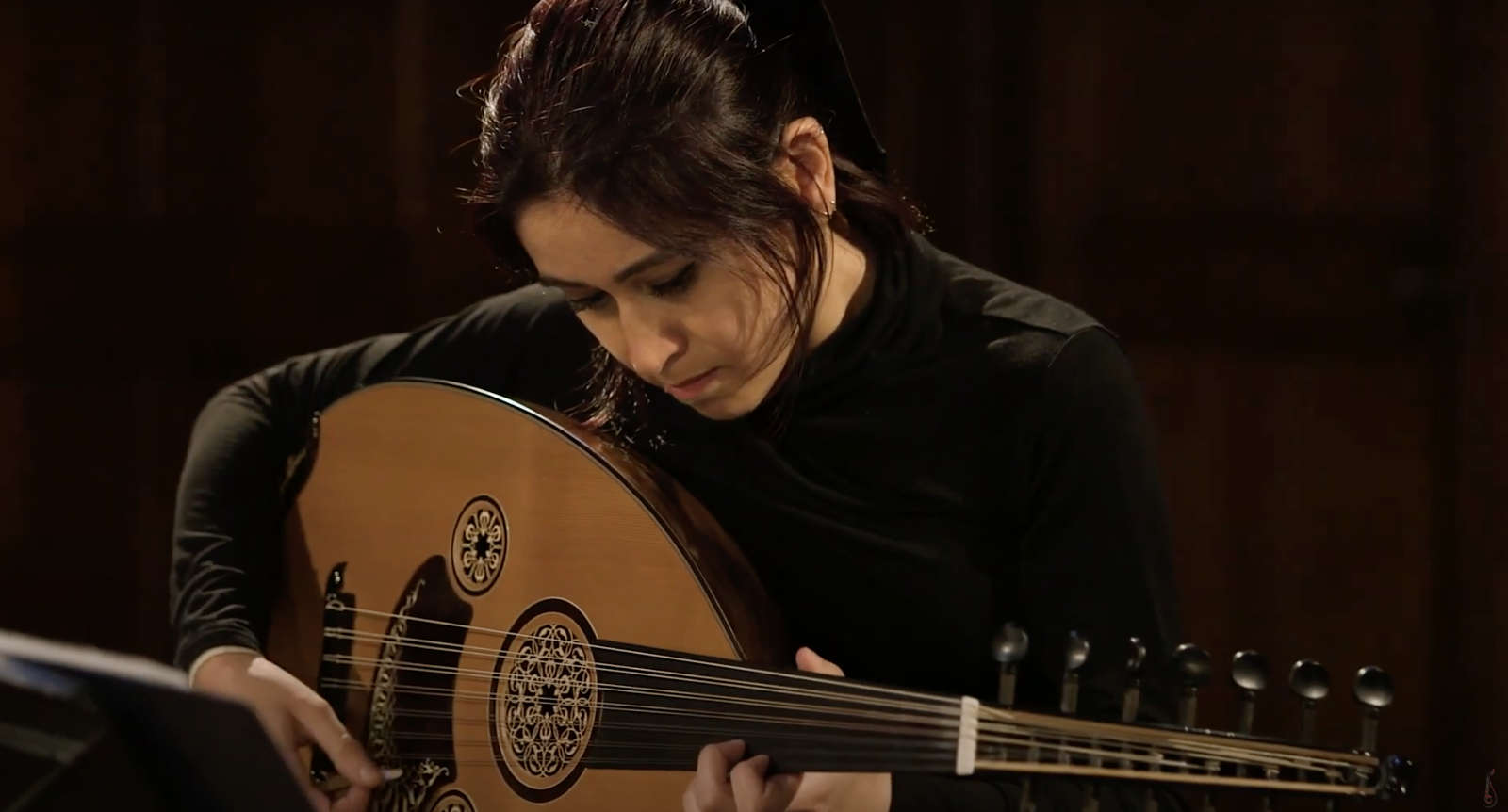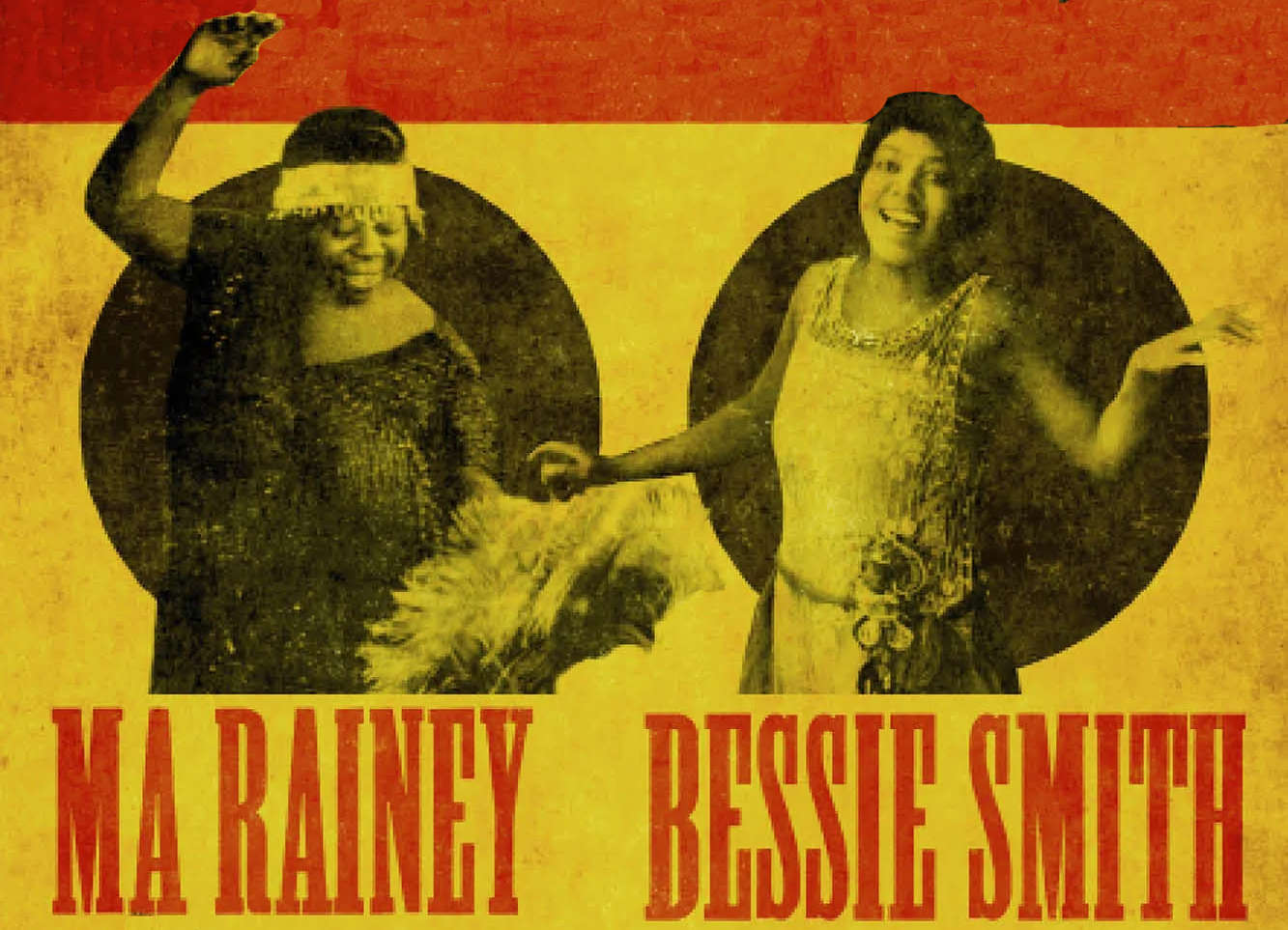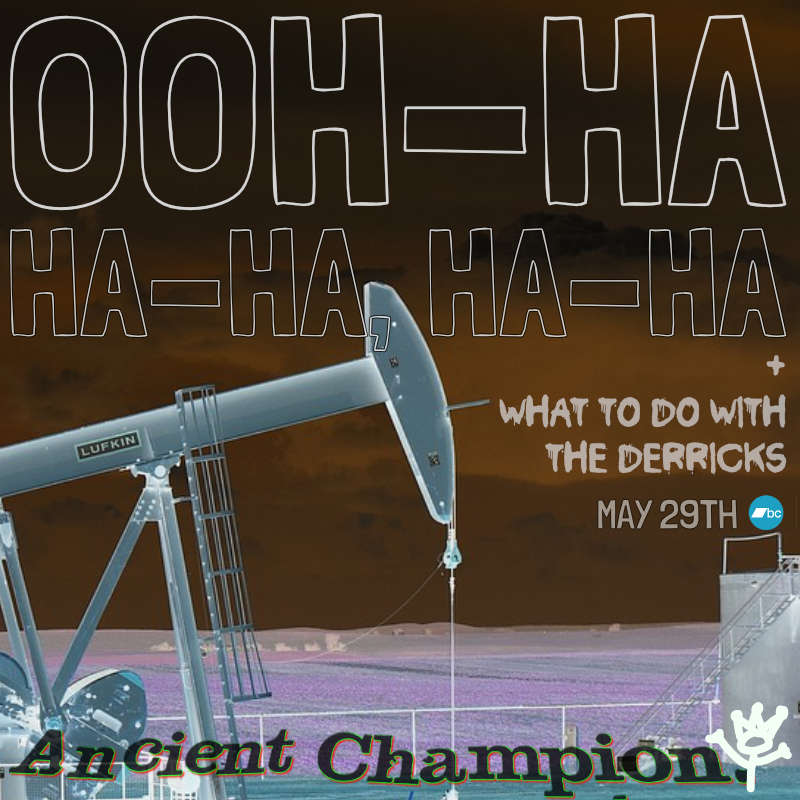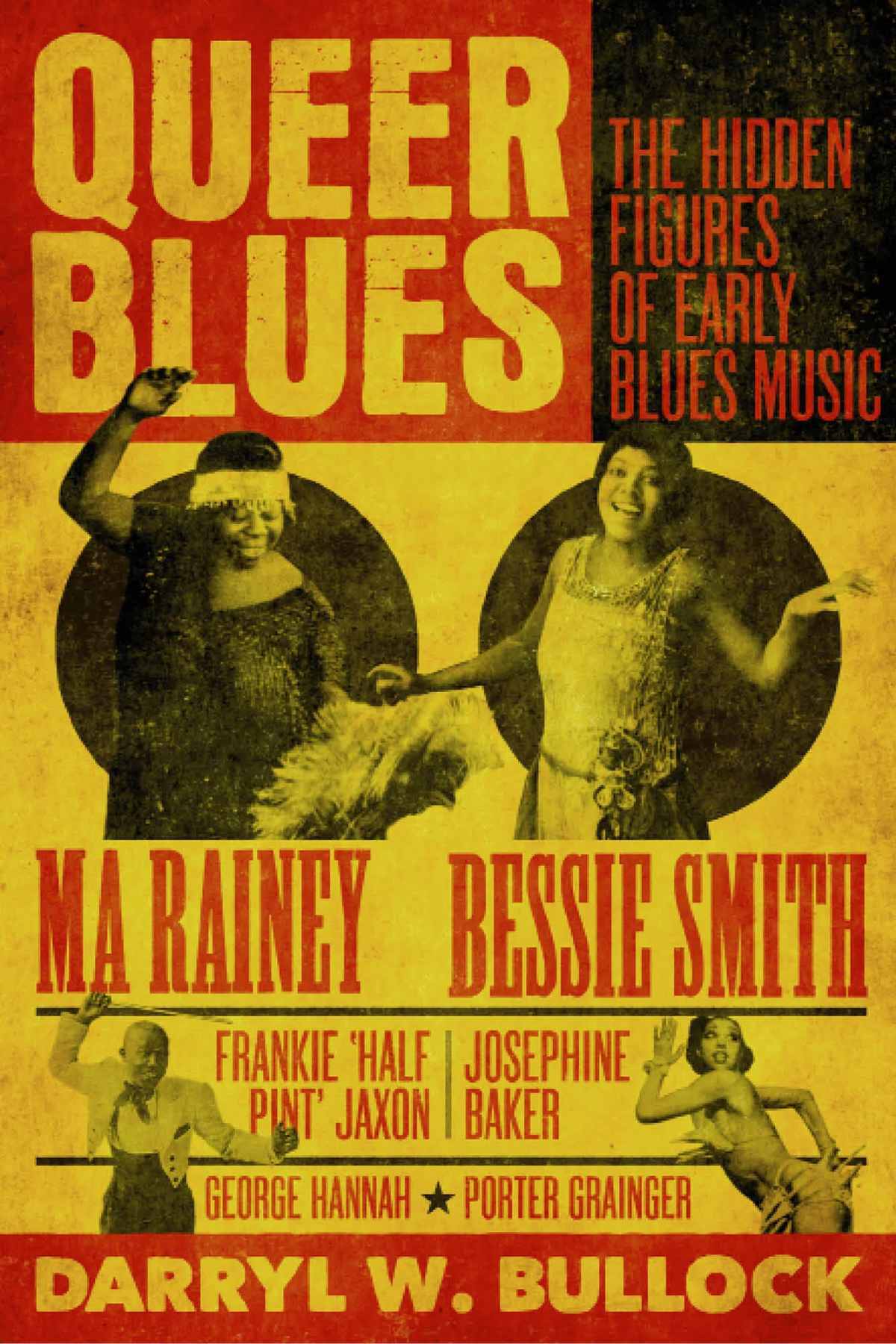 Darryl W. Bullock's groundbreaking, lavishly researched and presented Queer Blues (Omnibus) is one of rocknroll's more significant history books. We've reviewed the book here⇒. Outsideleft's Tim London spoke to Darryl about the book, his work and a hidden musical history...
Darryl W. Bullock's groundbreaking, lavishly researched and presented Queer Blues (Omnibus) is one of rocknroll's more significant history books. We've reviewed the book here⇒. Outsideleft's Tim London spoke to Darryl about the book, his work and a hidden musical history...
Outsideleft: The evidence you have found in the book seems to indicate that a sophisticated and complicated entertainment industry has existed for Black and Black LGBTQ+ entertainers for over a century. Do you see any parallels or similarities with the industry today?
Darryl W. Bullock: I can't really talk about the experience of straight Black entertainers today, but as far as the LGBTQ+ experience goes, then you can trace the birth of the LGBTQ+ entertainment industry back decades if not centuries. LGBTQ+ people have always found solace and security in the entertainment field, where difference, exuberance and sheer talent has been appreciated by audiences, venue owners and colleagues alike, and as Black artists began to appear on stage then it was natural that Black LGBTQ+ musicians, singers and actors would take advantage of this.
Understandably, LGBTQ+ artists needed to create their own, secretive, social networks, adding an extra complexity to their already complicated lives on the road. I think it's easier today, with LGBTQ+ artists now able to be open about their sexuality without having the constant worry of being arrested (or worse), but as we have seen in recent years people in the LGBTQ+ community are still often the targets of hatred and vitriol. However, these days that seems to come from certain sectors of the media, rather than from a broadly accepting entertainment industry or audiences.
OL: In some ways, despite the incredible hardships of the inter-war years and earlier, there were elements of what the entertainers and producers created for themselves that seemed more progressive, such as the intense (and necessary) self-sufficiency and general acceptance of queerness. Has there been real progress?
DWB: Definitely. LGBTQ+ people have always banded together, searched out like-minded people and formed their own social networks, and although that still happens today, in the majority of countries in the world LGBTQ+ people and their lifestyles are much more accepted than they were a few decades ago. Many LGBTQ+ lives had to be lived underground, in private, and with people always looking over their shoulder in case they were being watched, whereas today we are used to seeing gay, lesbian, bi, Trans and queer people in all aspects of society. The current dehumanising of Trans people is obscene, but for the majority of the community in the majority of countries life is a whole lot easier.
OL: How deep a dive was the research for this book? It seems that some elements were well documented at the time and others more obscure. And how hard was it to ‘read between the lines’ of the language and perceptions of the eras you cover?
DWB: Research is always tricky, especially when you’re writing about people who are no longer here, or who left little evidence of their private live behind. Often your initial leads rely on second or third hand information, so digging away to find the truth behind a piece of often-repeated gossip can be a long and frustrating journey. University archives, libraries, newspaper archives, jazz and blues archives and so on have all been helpful, as have the reminiscences, often unpublished, of other performers of the period, but much of the information in the book comes from contemporary reports in the African American press, where you have to sift through a mix of gossip, scandal and carefully worded reports sent out by publicity agents to get at the truth. Being a gay man myself makes it easier: you come to recognise the words used, the coded language, and through that you can often pick out the bare bones of a story from the merest hint of ‘otherness’. What would surprise many readers, I guess, would be the discovery that many newspapers and magazines of the era reported on the lives of these artists in very open terms, and words and phrases such as ‘pansy’, ‘fairy’, ‘lady lover’, ‘all-women party’ and the like crop up frequently in the media of the time.
OL: You make it plain that the blues became or even was an almost manufactured genre. I found this shocking. My own perception has been, since I first became a musician in my teens decades ago that the blues was the touchstone, the mother, from which almost all popular music, rock and even electronic music was born. Do you agree that there is an almost invented history of later 20th & 21st century popular music and should that history be revised to take into account the reality?
DWB: The blues is only ‘manufactured’ in the same way that all genres are manufactured: they take elements from other styles of music, drop them in this great big melting pot and stir until something with a unique style of its own comes out… nothing comes from nothing! But certainly without the blues we would not have pop music as we understand it today: it was a vitally important stepping stone on the path. Without the blues we would not have had Rhythm and Blues or Rock ‘n’ Roll, and almost everything we hear in pop music today comes from there in some way. It is also true that without LGBTQ+ artists we would not have pop music as we understand it. LGBTQ+ people have been involved in the birth of almost every genre of popular music (with the possible exception of reggae) – even Hip Hop and rap, often seen as the last bastion of homophobia in music, have a history that includes LGBTQ+ pioneers. If we were to revise anything, it would be to recognise the importance of LGBTQ+ artists in all fields of the arts, and to celebrate their contributions to our culture.
OL: Are there lessons to be learnt from this account that reflect on other aspects of 20th century history? I’m thinking about the social and cultural reactions to the big political events of the time, the way that life continued and the hustle just shifted gears. In fact, would you say that, as with the ‘illegal drug industry’ that is an alternative or sometimes the only route towards making a dollar for many Black people in America, that calling the Black entertainment industry (the one that you have described in the book) as a ‘hustle’ (as I just did) is probably demeaning and not accurate?
DWB: If Black entertainment is a ‘hustle’, then all entertainment is, but certainly the birth of the Black entertainment industry in the late 19th century gave many aspiring artists an opportunity that had previously been denied them, and who could blame anyone for taking advantage of that? In the early years of music hall and vaudeville there were any number of poor white acts who managed to earn a living, but they fell by the wayside as audiences became more sophisticated and other more talented artists shone through. Exactly the same happened in Black entertainment: the cream rose to the top and those acts that relied on crass racial stereotypes eventually disappeared.
I think we’ve already learned most of the lessons, surely? Treat people fairly, and don’t discriminate. Celebrate diversity and enjoy the differences that make each of us unique. Don’t vote for politicians who preach division and hate. Look after each other.
OL: Who was your favourite artist in the book and why?
DWB: I think my favourite is probably Frankie ‘Half-Pint’ Jaxon. His recordings are still incredibly fresh, vital and exciting, and his career saw him working with some of the most important jazz and blues artists of the era. The ridiculously outré discs on which Frankie impersonates women and fakes orgasms are hysterically funny and put a lie to the idea that LGBTQ+ people in the 20s and 30s were afraid to be open about their sexuality.
OL: Do you have a favourite recording and have you thought about putting together a playlist?
DWB: It has to be Ma Rainey's 'Prove It On Me Blues', a wonderful recording and an open celebration of lesbian and bisexual women enjoying each other's company. It’s also a great example of how knowing record companies were at the time, being advertised in the African American press with an image of a ‘butch’ Ma, in tweeds and a trilby, chatting up two very ‘femme’ women.
I usually do a Spotify playlist for my books, and the one for Queer Blues can be found at https://open.spotify.com/playlist/6bVYN93OdfS4tuodkYDZtR (or just search ‘Queer Blues’) although, as you’ll see in the front of the book, the 30-plus songs I write about are all listed so you can always make your own!
Essential Information
Darryl W. Bullock's Queer Blues is available now
Queer Blues review by Tim London is here
